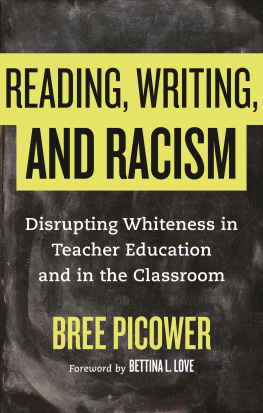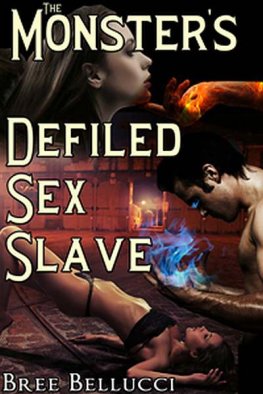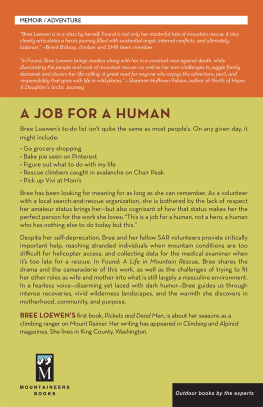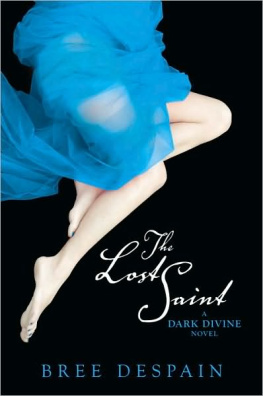Bree Picower - Reading, Writing, and Racism
Here you can read online Bree Picower - Reading, Writing, and Racism full text of the book (entire story) in english for free. Download pdf and epub, get meaning, cover and reviews about this ebook. year: 2021, publisher: Beacon Press, genre: Politics. Description of the work, (preface) as well as reviews are available. Best literature library LitArk.com created for fans of good reading and offers a wide selection of genres:
Romance novel
Science fiction
Adventure
Detective
Science
History
Home and family
Prose
Art
Politics
Computer
Non-fiction
Religion
Business
Children
Humor
Choose a favorite category and find really read worthwhile books. Enjoy immersion in the world of imagination, feel the emotions of the characters or learn something new for yourself, make an fascinating discovery.
- Book:Reading, Writing, and Racism
- Author:
- Publisher:Beacon Press
- Genre:
- Year:2021
- Rating:5 / 5
- Favourites:Add to favourites
- Your mark:
- 100
- 1
- 2
- 3
- 4
- 5
Reading, Writing, and Racism: summary, description and annotation
We offer to read an annotation, description, summary or preface (depends on what the author of the book "Reading, Writing, and Racism" wrote himself). If you haven't found the necessary information about the book — write in the comments, we will try to find it.
Reading, Writing, and Racism — read online for free the complete book (whole text) full work
Below is the text of the book, divided by pages. System saving the place of the last page read, allows you to conveniently read the book "Reading, Writing, and Racism" online for free, without having to search again every time where you left off. Put a bookmark, and you can go to the page where you finished reading at any time.
Font size:
Interval:
Bookmark:

PRAISE FOR READING, WRITING, AND RACISM
Bree Picower continues to lead in anti-racist teacher education. Reading, Writing, and Racism is eminently useful for pre-service and in-service teachers to reflect on how they may have perpetuated whiteness in their own teaching or experienced it as students themselves. This is a must-read for all future and current teachers interested in racial justice in the classroom.
WAYNE AU ,
editor of Rethinking Schools
Reading, Writing, and Racism is a critical and urgently needed text. Bree Picower brilliantly analyzes the long-standing and constitutive relationship between American schooling, curriculum, and structural racism. With strong theory, critical analysis, and actionable examples, Picower creates space to reimagine school as a site of anti-racist praxis. This book is essential reading for teachers, parents, and everyday citizens looking to dismantle White supremacy and expand justice.
MARC LAMONT HILL ,
author of Nobody: Casualties of Americas War on the Vulnerable, from Ferguson to Flint and Beyond
The egregious, racist actions of a subset of school teachers that have gone viral on social media may seem like outliers in an otherwise just system and profession, but they are not, as argued compellingly in Reading, Writing, and Racism. What and how we teach, and who teaches, and how we prepare them should not be presumed to be somehow immune from the long legacies of white supremacy and colonialism that have shaped US schooling from its very beginning. Reframing and reorienting more forcefully toward racial justice requires tackling these legacies head-on in programs that prepare, support, connect, celebrate, and hold accountable educatorsand Bree Picower offers us frameworks, models, and hope for doing precisely that, when the need could not be more great.
KEVIN KUMASHIRO ,
author of Bad Teacher! How Blaming Teachers Distorts the Bigger Picture
Reading, Writing, and Racism places the emphasis on interrupting racism in teacher preparation programs and schools where it belongsnot simply on individual beliefs and actions but on primarily broader policies and practices that continue to maintain and protect racist ideology. Based on years of research and chockful of curriculum examplesboth horrific and positiveand using case studies of actual anti-racist teacher education programs around the nation, Bree Picowers book describes the myriad ways in which these programs address racism and center social justice. With powerful insights and concrete suggestions for transformation, Reading, Writing, and Racism is certain to help teachers, teacher educators, and administrators rethink their roles in preparing the nations teachers.
SONIA NIETO ,
professor emerita, Language, Culture, and Teaching, University of Massachusetts, Amherst, and author of Brooklyn Dreams: My Life in Public Education
Coupling an urgent call to action with the practical supports required to act, this book offers a vision for and examples of the kind of humanizing, healing practices that successfully prepare teachers to struggle for racial justice through their everyday work. For those committed to rooting out the curricular violence of Whiteness, this book is right on time.
CARLA SHALABY ,
author of Troublemakers: Lessons in Freedom from Young Children at School
Reading, Writing, and Racism is a clearly written, no-holds-barred gem of a book that every teacher educator must read. Drawing on her incisive critique of curriculum and teacher ideology, along with interviews with racial justice teacher educators, Picower cogently frames how whiteness works in teacher education, while showing us how to upend it.
CHRISTINE SLEETER ,
coauthor of Transformative Ethnic Studies in Schools: Curriculum, Pedagogy, and Research
In concert with the current moment of racial reckoning, the contributions of Dr. Bree Picower push us to acknowledge and remember the totalizing power of white supremacy in curriculum. Her bravery, humility, and criticality offer strength for folks who dare to do revolutionary classroom work when the world feels like its upside-down. If you consider yourself an ally in the struggle for racial justice, you cannot turn away from this book!
DAVID STOVALL ,
author of Born Out of Struggle: Critical Race Theory, School Creation, and the Politics of Interruption

This book is dedicated to Antonio Nieves Martinez, a member of our educational justice family whose life binds us together and whose spirit guides our collective work to center love and liberation within education.
100 percent of the royalties of this book will be donated to two grassroots organizations led by people of Color dedicated to organizing for racial justice in education: the Education for Liberation Network and the Abolitionist Teaching Network.
The United States is not just racist; it is anti-Black. The word racism does not adequately describe the ways in which the US kills, destroys, and spirit murders Black people. As kihana miraya ross points out, racism fails to fully capture what black people in this country are facing. It has become a catch-all term used to explain the systemic denial of rights, jobs, housing, education, and healthcare to Black people. Yet the term racism does not include the extent of Americas disdain, visceral hate, and disregard for Black life, Black love, Black empowerment, Black resistance, Black joy, and Black education.
The year 2020 will be recorded as a year of disdain for Black life. The ways in which anti-Blackness and racism showed up in the everyday lives of Black people and how we fought back are a testament to our cultural means of resistance, survival, abolition, and Black joy, which we take with us into formal and informal educational experiences. Americas obsession with greed, violence, hate, and Black suffering always reaches into the most sacred spaces of American democracy, including schools. One of the most seductive features of White supremacy is the omitting and erasing of the history, culture, language, contributions, and humanity of all ethnicities and cultures that are not White, male, straight, and able-bodied. Beyond those identity markers, every other ethnicity has had to fight, protest, march, and petition to be included within public education. These struggles meant sending children of color into schools of anti-darkness, suffering, and structural erasure.
One way of erasing students of color, even while they gain access to schooling, was through the curriculum. For centuries, students of color have sat in classrooms never seeing their culture, history, or language. The life, love, and creativity of history has only been presented to students as the White mans visions, dreams, and contributions. To some, the fight to be included in school curriculum may seem over because ethnicities have been given superficial months to celebrate our prolific history within the confines of thirty days, or only twenty-eight for Black history. But we want, deserve, and demand more than a month at a time. Our histories and herstories are bigger, richer, and more complex than this countrys compartmentalization of our lives into months and one-day celebrations of the culture and food that have nourished many of us, all while White supremacy and anti-Blackness attacked our souls.
Font size:
Interval:
Bookmark:
Similar books «Reading, Writing, and Racism»
Look at similar books to Reading, Writing, and Racism. We have selected literature similar in name and meaning in the hope of providing readers with more options to find new, interesting, not yet read works.
Discussion, reviews of the book Reading, Writing, and Racism and just readers' own opinions. Leave your comments, write what you think about the work, its meaning or the main characters. Specify what exactly you liked and what you didn't like, and why you think so.






